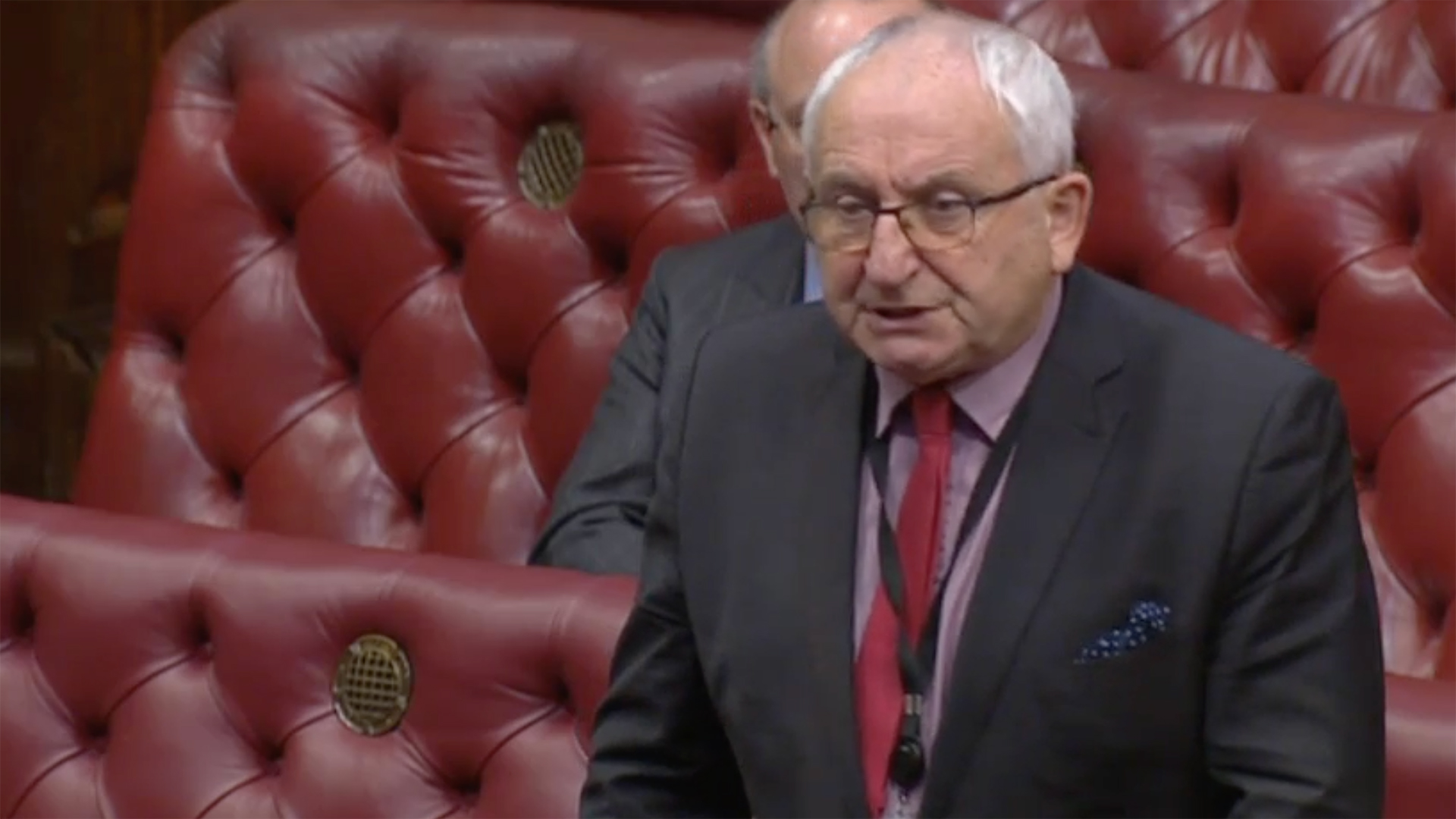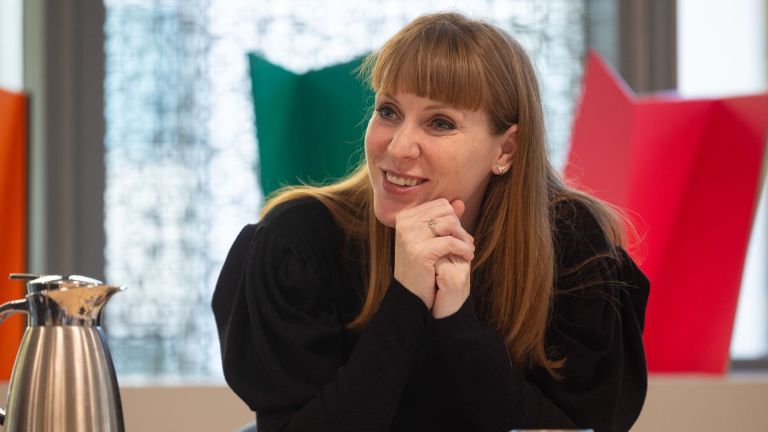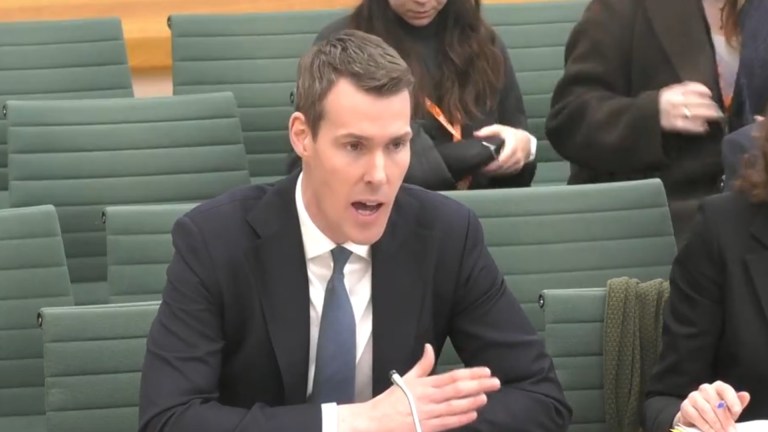She proposed “emergency legal provisions to allow judges to prevent evictions where people have complied with reasonable and affordable repayments or are awaiting decisions on their benefit entitlement” as an immediate change which could avoid a homelessness disaster next month.
But Greenhalgh disagreed with the idea of rent controls, instead telling the peers that guidance has been given to landlords asking them not to evict tenants who might be sick or facing hardship during the crisis.
Earlier this year the Resolution Foundation reported that renters were 50 per cent more likely to have fallen behind on bills during lockdown as homeowners, with the majority of mortgage holiday applications have been accepted but little outside help available to their tenants. Some renters said they were being forced to cut back on essentials like fresh food.
Liberal Democrat Baroness Grender mentioned the study and pointed out that in last week’s financial statement homeowners were given a stamp duty tax cut worth £1bn “while 20 million renters got nothing”.
Greenhalgh rejected the idea – instead drawing the Lords’ attention to Government measures that “strengthened the welfare safety net with a £6.5m boost” and increased Local Housing Allowance to cover the lowest 30 per cent of rent costs, plus £180m in discretionary housing payments for local authorities.
The housing minister again emphasised the steps the Government has already taken when crossbencher Lord Best asked if they had considered measures similar to Spain, where renters who fall into arrears due to Covid-19 are entitled to an interest-free Government loan to pay to landlords and remove the risk of eviction, with the loan to be repaid over a six year period.
A YouGov poll recently revealed that 174,000 private UK tenants have already been threatened with eviction by their landlord or letting agent ahead of the lifting of the ban,
The total number of people in arrears sits at 442,000, accounting for five per cent of the UK’s renters, and double the number in the same period last year, thanks largely to the devastating economic impact of the pandemic.
Labour’s Lord Kennedy of Southwark asked if Greenhalgh agreed a return to people sleeping on the streets would be “tragic and unacceptable”, that it “must not be allowed to happen” and that it is up to the Government to ensure it does not.
In response the housing minister said it is the mission of the rough sleeping taskforce, led by Dame Louise Casey, to ensure the 15,000 rough sleepers brought into emergency accommodation during lockdown are moved on to settled accommodation as soon as possible.
Meanwhile Lord Goddard of Stockport reminded the minister of the importance of a “multi-agency approach” to tackling homelessness for good, one that “needs time and resources to get this right for people with complex needs” to prevent a return to the streets for thousands.
It aligns with the idea behind The Big Issue’s Ride Out Recession Alliance, also introduced to the House of Lords by John Bird today – our new campaign to fight the imminent post-viral tsunami of poverty. Find out more in this week’s magazine, available from your local vendor after they made their return to pitches last week.









